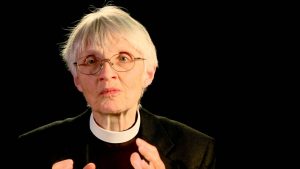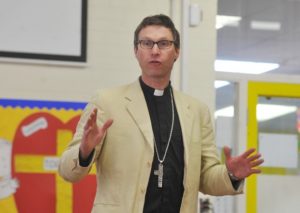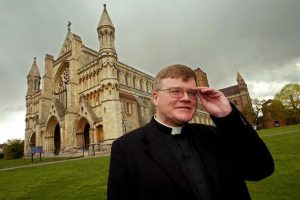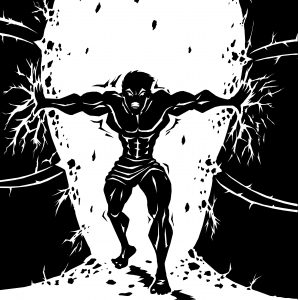
2FAB #37: Judges 17-18
In this episode, the befuddling story of Micah and the tribe of Dan


In this episode, the befuddling story of Micah and the tribe of Dan
A reflection on our way of living faith by the poet Ron Starbuck

Then, in the village I now call home something awoke, a part of me was calling, the practice of my faith. On the highway outside of town was an Episcopal church. No, I thought, there’s nothing there for me. I’m done with religion and those empty promises of love, redemption. Still, it pulled. Hesitantly, I summoned courage and went.

But the hope of scripture is not tied to any particular outcome. God is not Santa and neither is God the Grinch. Hope lives a life of its own. Hope has much more, I think, to do with presence
We continue our reflective journey along the Way of the Cross with stations 7 and 8 (Jesus falls a second time and Jesus speaks to the women of Jerusalem)

We have heard that Marilyn McCord Adams, professor, author, philosopher and Episcopal priest has died. Adams was a regular contributor to this site and thoughtful explorer of the human relationship with God; she will be deeply missed.

The irony which the Philip North controversy has exposed is that it is the so-called liberals who are the ones clinging to orthodoxy and tradition, and the so-called traditionalists who are appealing to liberal principles of freedom, toleration, and equal respect

Dean of St Albans has again been passed over for a bishopric (this time in Wales) based solely on his sexual orientation

Continuing through Judges with the story of Sampson, verses 13-16

Again and again we find ourselves as subjects addressing God as an object, a separate being – one whom we seek, appeal to, and praise. We ask this divine being to respond, to have mercy, to grant, to forgive, to act, just as we would ask another person to do the same. “We” speak to a God who is not “us,” but something else, whether we think of God as the one in whom we live and move and have our being, or as something impossibly far away. In other words, we think dualistically.